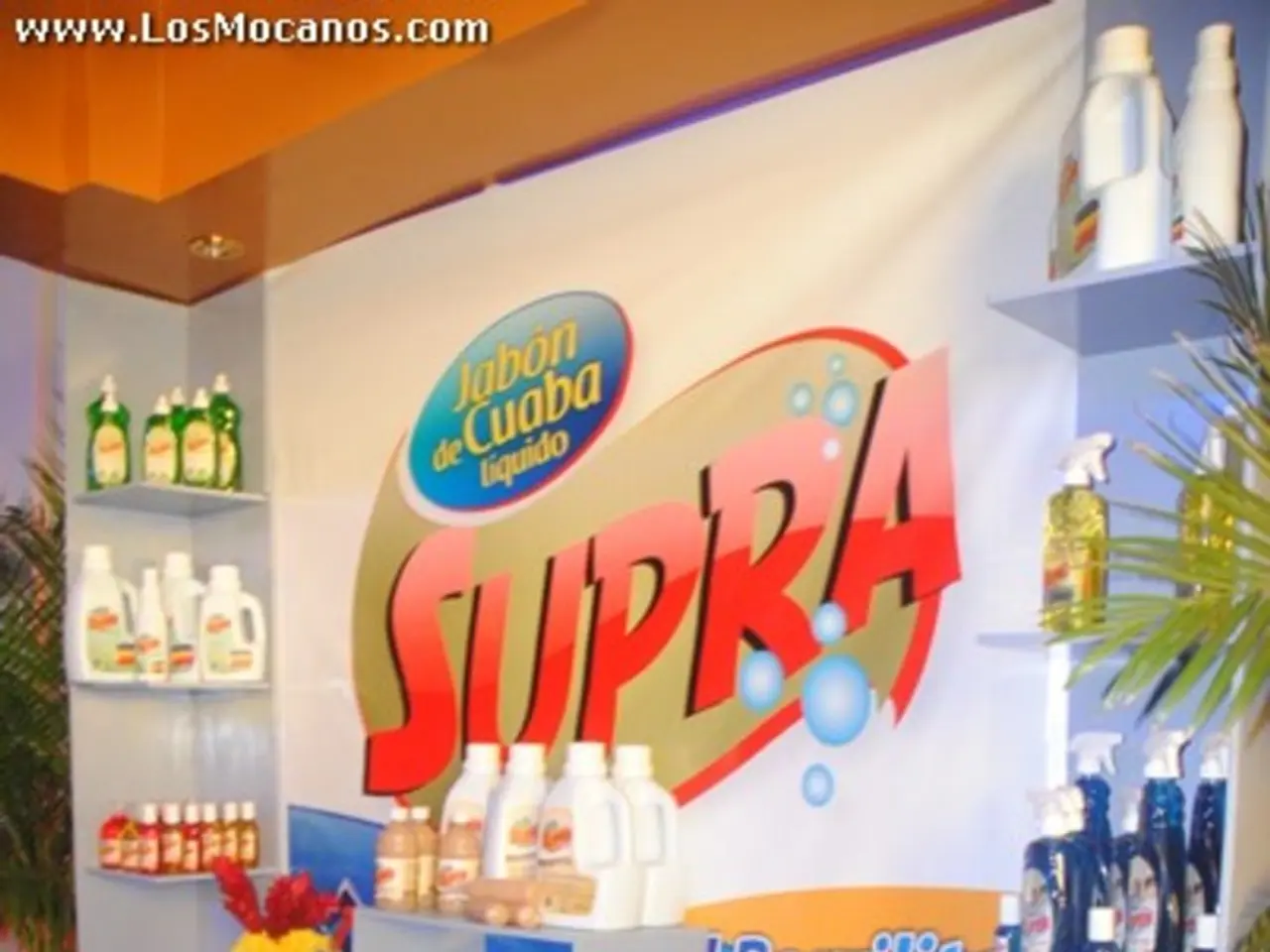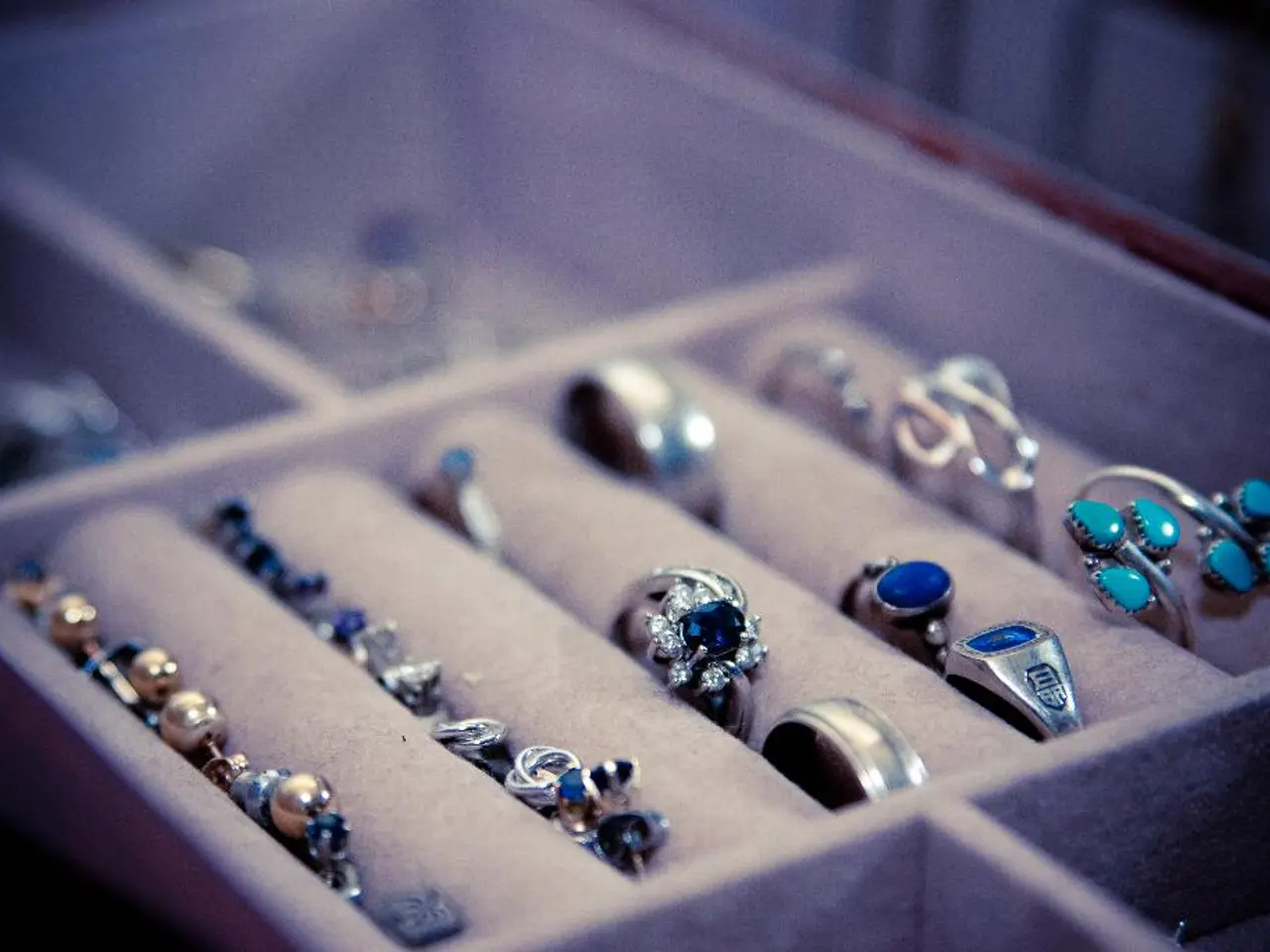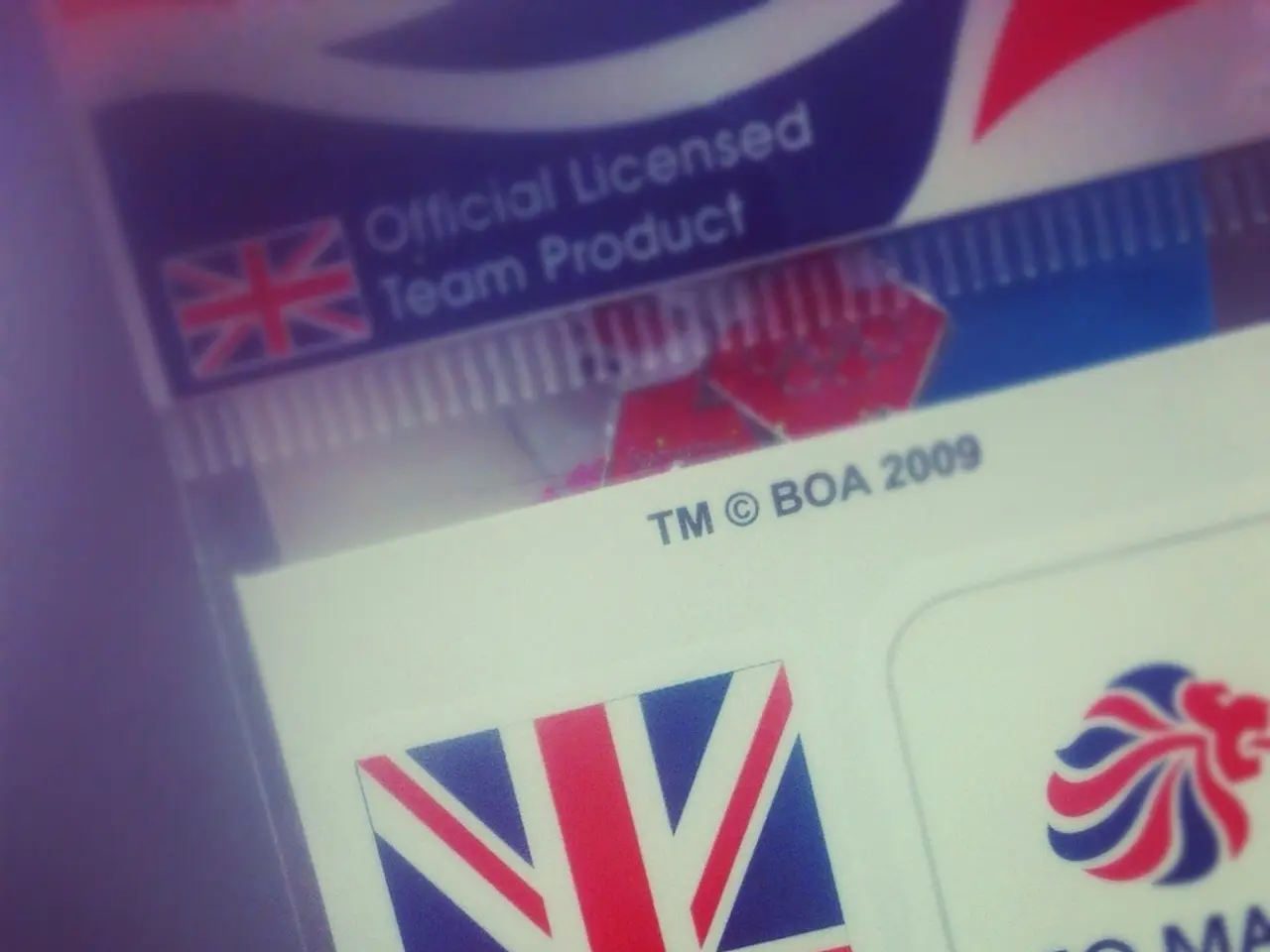Qatar and Chevron to establish a $6 billion gas-to-plastics manufacturing facility
Qatar and Chevron Phillips Chemical Announce Major Petrochemical Expansion
Qatar and Chevron Phillips Chemical have announced a $6 billion deal to expand the Ras Laffan Petrochemicals Complex, marking QatarEnergy's largest investment ever in the petrochemical sector. This ambitious project is set to boost Qatar's annual petrochemical production capacity to approximately 14 million tonnes by the end of 2026.
The complex will feature an ethane cracker with a capacity of 2.1 million tonnes of ethylene annually, making it the largest in the Middle East and among the largest globally. Additionally, it will include two polyethylene production trains with a combined capacity of 1.7 million tonnes of High-Density Polyethylene (HDPE) products per year, significantly increasing Qatar’s overall production by about 50%.
This substantial investment is a key part of QatarEnergy’s downstream expansion strategy and is expected to generate significant economic benefits, reinforcing Qatar’s integrated global energy position. The Ras Laffan facility will strengthen Qatar's position as a major player in the upstream, LNG, and downstream sectors.
Regarding emissions, while specific figures are not detailed, the broader context is that Qatar's energy strategy includes moves towards sustainability, including investments in solar power and decarbonization initiatives. However, the petrochemical complex itself primarily increases hydrocarbon processing capacity, which generally involves significant carbon emissions unless mitigated by specific technologies—none are explicitly mentioned for Ras Laffan.
Ethane crackers, which transform gas into ethylene, have been targeted by environmental protestors for their emissions. Despite this, the Ras Laffan Petrochemicals Facility is scheduled to begin running in 2026.
It's important to note that ethylene and polyethylene are used in a wide range of plastic products. The facility will transform natural gas into polyethylene and various other plastics. Qatar has significant reserves of natural gas, including the North Field, which contains the world's largest deposits and extends under the Gulf sea into Iranian territory.
QatarEnergy holds a 70% equity share in the joint venture, with Chevron Phillips having the other 30%. The Ras Laffan facility will increase Qatar's ethylene manufacturing capacity and will boost Qatar's polymer production to more than four million tonnes a year.
The announcement was made at a signing event in Doha, marking a significant milestone in QatarEnergy's downstream expansion strategy. This is the first straight financial investment by QatarEnergy in the petrochemicals sector in 12 years.
In conclusion, the Ras Laffan Petrochemicals Complex represents a major expansion in Qatar's ethylene and polyethylene production capacities, supporting its status as a global energy player. While emissions aspects are implied by petrochemical industrial norms and Qatar’s wider renewable energy ambitions, they are not explicitly quantified for this project.
- The investment in the Ras Laffan Petrochemicals Complex, a joint venture between QatarEnergy and Chevron Phillips Chemical, is projected to stimulate the finance industry, as the deal is valued at $6 billion.
- With this expansion, QatarEnergy aims to increase its petrochemical production capacity significantly, marking an entry into the food packaging industry as HDPE products from the complex will be used in the production of various plastic goods.




